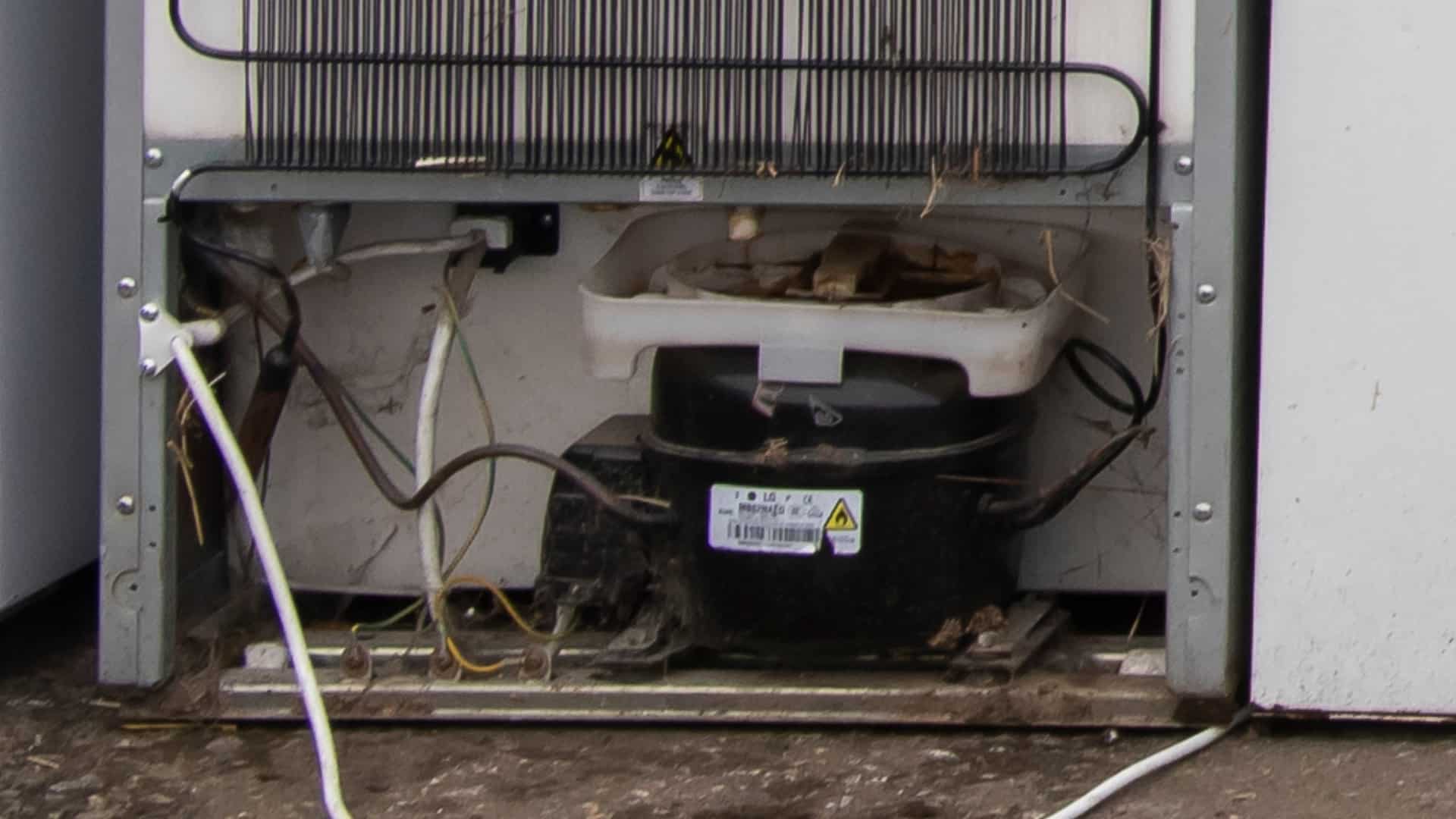
Have you just purchased a new refrigerator, and are wondering how long it will last you? Or perhaps you’re looking at your older model and wondering how many years it might have left? Our guide will walk you through the main factors and considerations when it comes to a refrigerator’s lifespan. We’ll look at different brands, different features, and how to decide when to repair or replace. Let’s dive in!
Average Lifespan of Refrigerators
The usual lifespan of a modern refrigerator is around 10 to 20 years. This lifespan can vary significantly based on things like brand, wear and tear, and refrigerator type. Although 10-20 years is the average, it’s still common for fridges to exceed and fall short of these time frames. While fridges are, in general, relatively long-lived appliances, they can become less effective as they age, and the technology can become outdated.
What Affects a Fridge’s Lifespan?
A fridge’s lifespan can be massively impacted by a range of factors, including brand, maintenance, and usage. Understanding these factors will help you understand how long you can expect your new refrigerator to last, or how many years your older model might have left.
- Usage: Heavy use, such as frequent opening and overloading, can cause a fridge to work harder, which can shorten its life. This means a fridge that gets light use, such as one in a small household, will likely last longer than one in a big household or busy office kitchen.
- Regular maintenance: Certain maintenance tasks can extend the life of your fridge. A fridge that regularly has the coils clean and the gaskets maintained will last longer than a fridge that never has any maintenance done.
- Climate/location: Fridge placement and the climate where you live can also impact how long a fridge lasts. Hot climates mean your fridge has to work harder to maintain a cool temperature, which can shorten its lifespan. Locating your fridge in a cramped area with restricted airflow can also make the compressor work harder, reducing lifespan.
- Power supply: Power surges can damage your refrigerator’s wiring and electrical components, reducing its life span.
- Make and model: Fridge brands designed to be durable and long-lasting will have longer lifespans than cheaper models. Whirlpool, LG, Samsung, and Bosch are all known for being high-quality, long-lasting models.
- Type of fridge: Simple fridge freezers may last longer than more complicated models with many moving parts. For example, units with ice makers and water dispensers may not last as long as a standard refrigerator-freezer combination.
Signs Your Fridge Is Getting Old
As fridges age, they show some signs of wear and tear and may become less efficient. Watch out for these signs as an indication your fridge might be approaching the end of its useful life.
- Higher energy bills: As fridges age, they become less energy efficient, which might spike your electric bills
- Loud noises: As the compressor ages, your fridge might start making loud or unusual sounds.
- Constant repairs: If your fridge needs a lot of repairs, it may be time to consider replacing it.
- Warm interior: If your fridge is struggling to maintain a cold temperature, it’s a sign it may be getting to the end of its lifespan.
- Frost buildup in freezer: Modern fridges should have self-defrosting functions, but if your freezer frequently gets frost buildup it can indicate it isn’t keeping cold enough, which can be a sign it’s getting old.
- Hot exterior: It’s normal for your fridge to feel slightly hot to the touch, but if you notice it’s a lot warmer than normal, it suggests the fridge is working harder than it should be. This is more common when your fridge is getting old.
Extending the Life of Your Fridge
Everyone wants their appliances to last as long as possible. It’s not only cost-effective – it’s also good for the environment to keep the same appliance for as long as possible. Here are some of our top tips for keeping your fridge going as long as possible:
- Clean regularly: Regularly cleaning the coils is probably the most important thing you can do for your fridge. It improves efficiency and reduces strain on the condenser and motor, prolonging the life.
- Maintain the door seals: Broken or old seals let warm air into your fridge’s interior, which means it has to work harder to stay cool. Check that your fridge is sealing properly and replace the seals if necessary.
- Keep it full: A full fridge (at least two-thirds full) maintains its temperature more easily, reducing strain on the motor. This prolongs the life of the fridge
- Consider fridge placement: Make sure your fridge isn’t placed in too hot a location, and ensure it has plenty of space around it for optimal airflow.
To Repair or to Replace?
Deciding whether to repair or replace your refrigerator can be tricky, particularly when it is getting close to the ten-year mark. A good rule is if the repair costs more than half the price of a replacement fridge, it’s better to purchase a new one. New fridges are also more eco-friendly and use less electricity, so there are added benefits.
What to Look for in Your New Refrigerator
When choosing a new fridge, look for a refrigerator that suits your needs and your budget, and that is likely to be long-lasting and energy-efficient. Some top considerations should be:
- Capacity: Consider the size of your household and the size of your kitchen.
- Energy efficiency: Check out the Energy Star rating.
- Preferences: Look for the features that are important to you, such as a water dispenser, ice maker, or double doors.
- Brand reputation: Check out the brand reputation of different models to find one that fits your needs.
- User reviews: Read user reviews of fridges you’re considering to ensure they’re reliable and long-lasting.

Why Is My Ice Maker So Slow?

How Long Do Refrigerators Last?
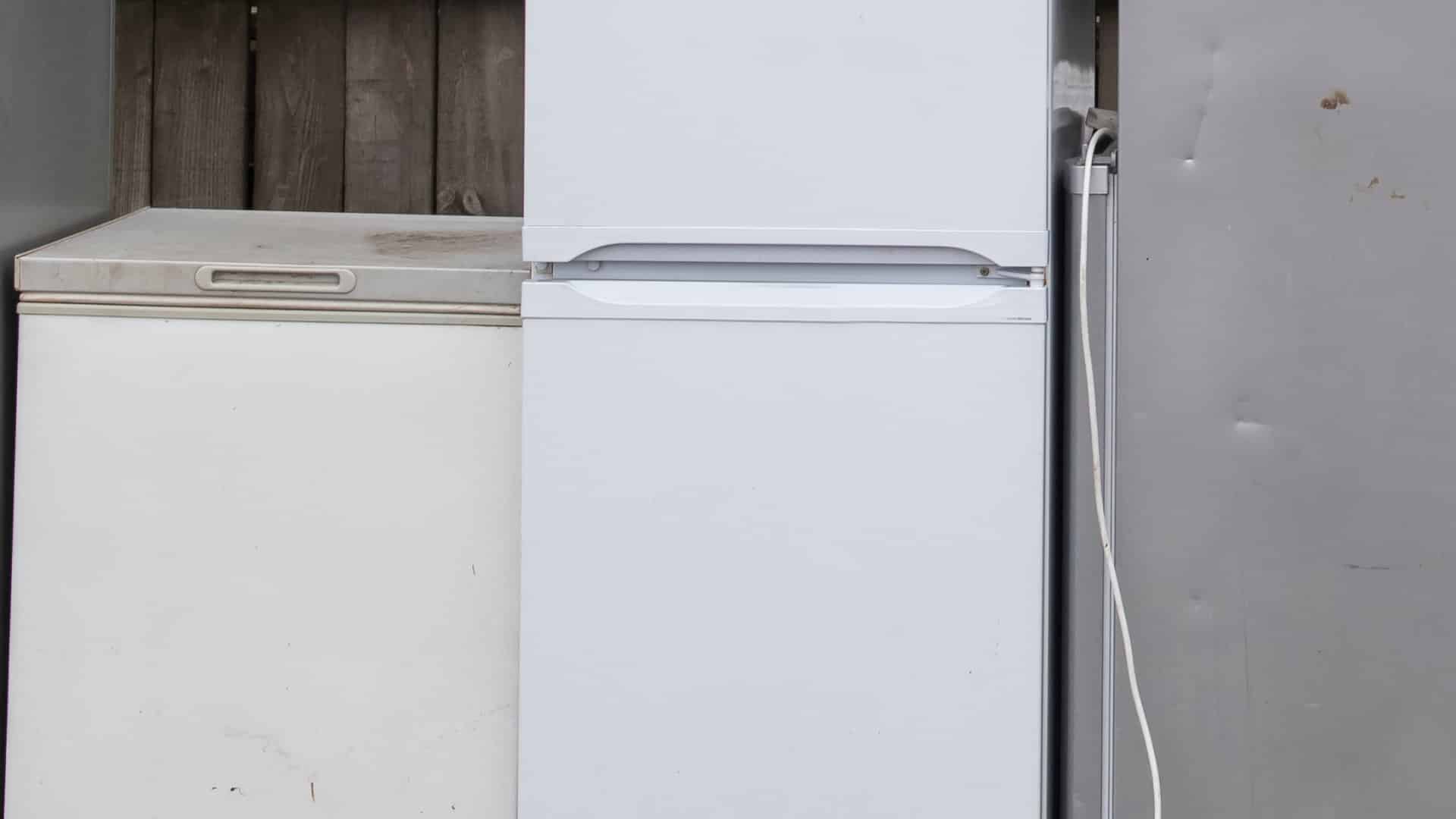
How to Get Rid of Freezer Frost (In 5 Steps)
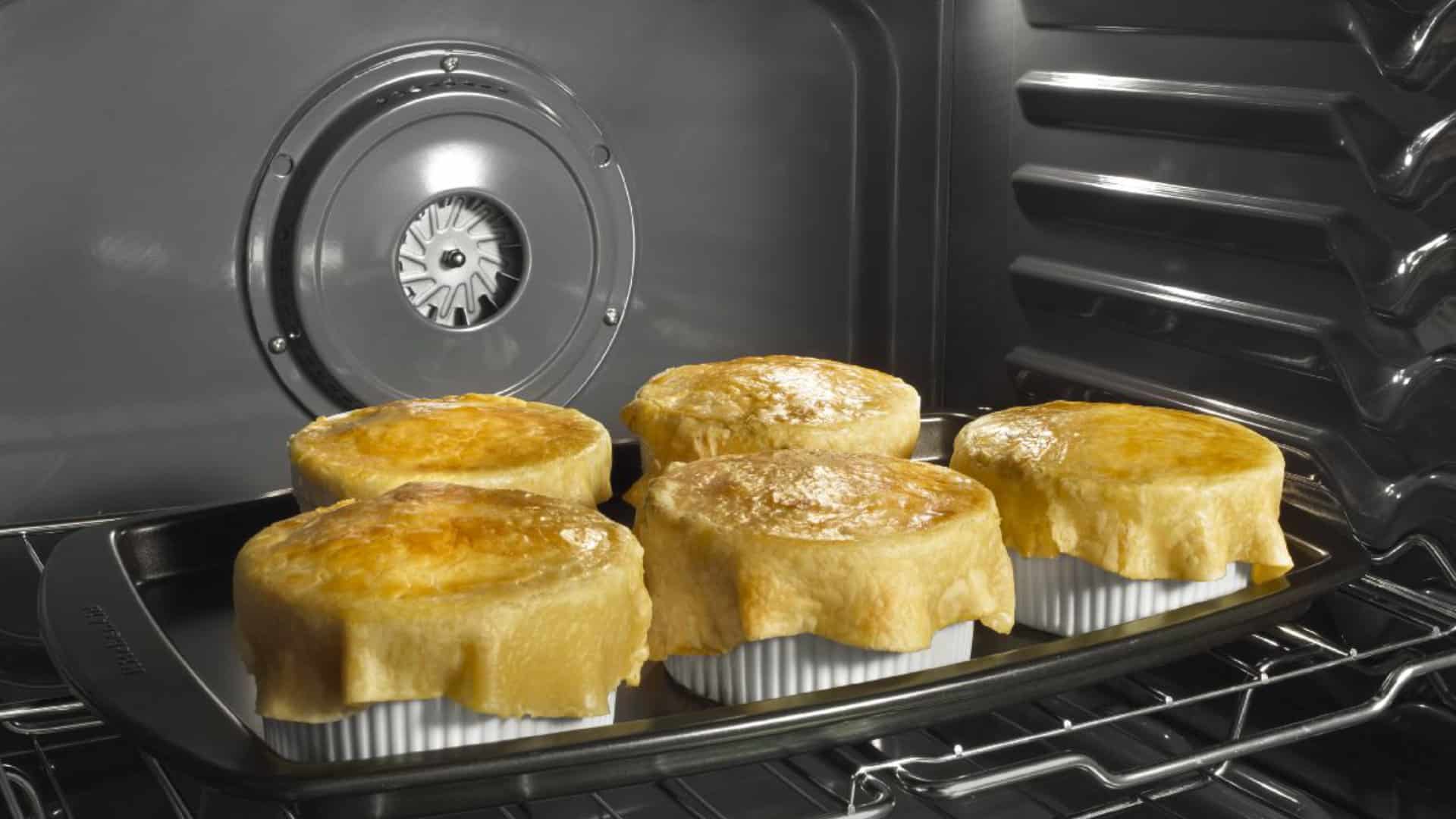
How to Fix Whirlpool Stove F9 Code
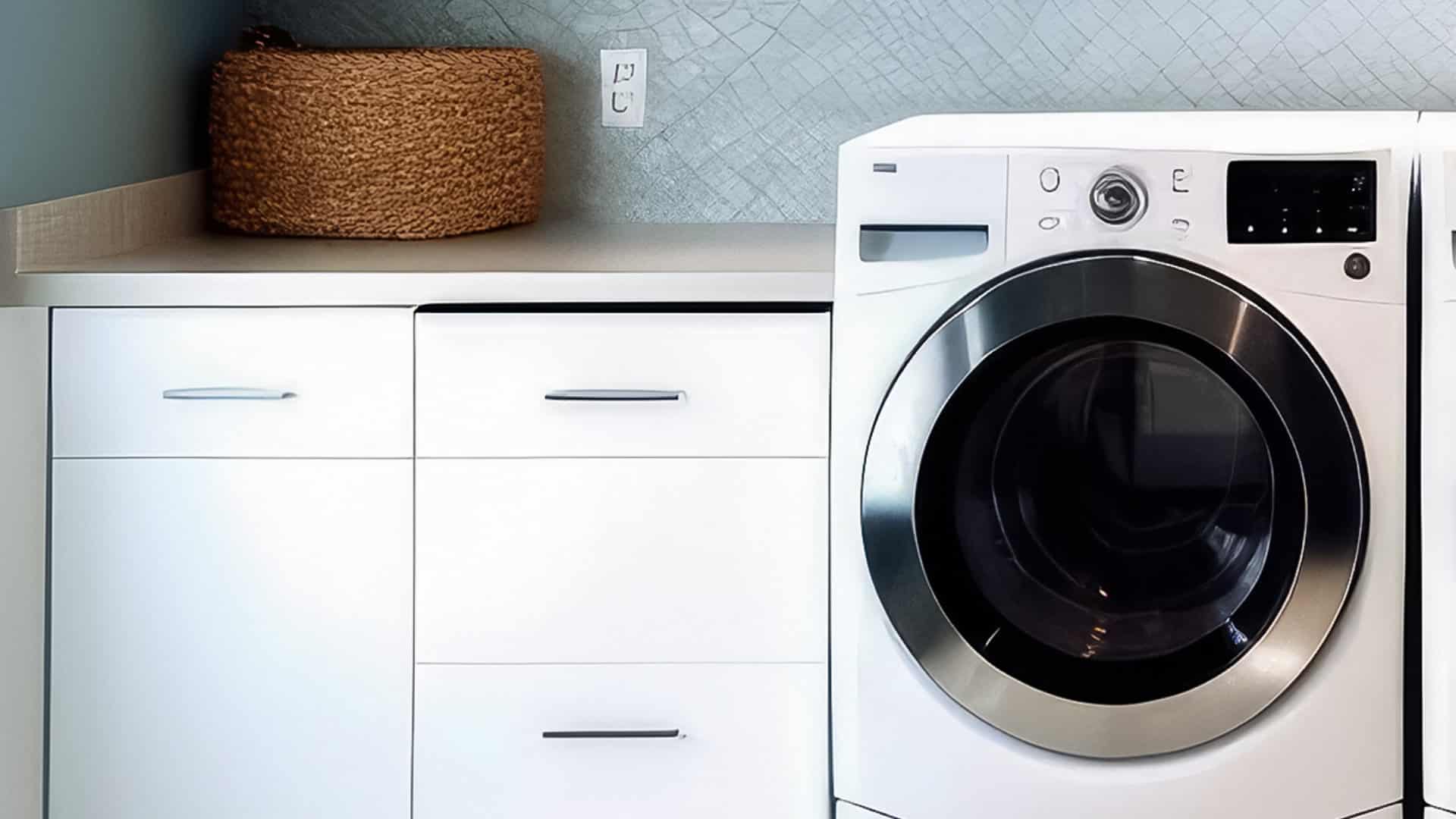
Fix Whirlpool Duet’s F20 Error Code

Freezer Working But Not Fridge? 5 Fixes

Speed Queen Washer Error Codes Explained
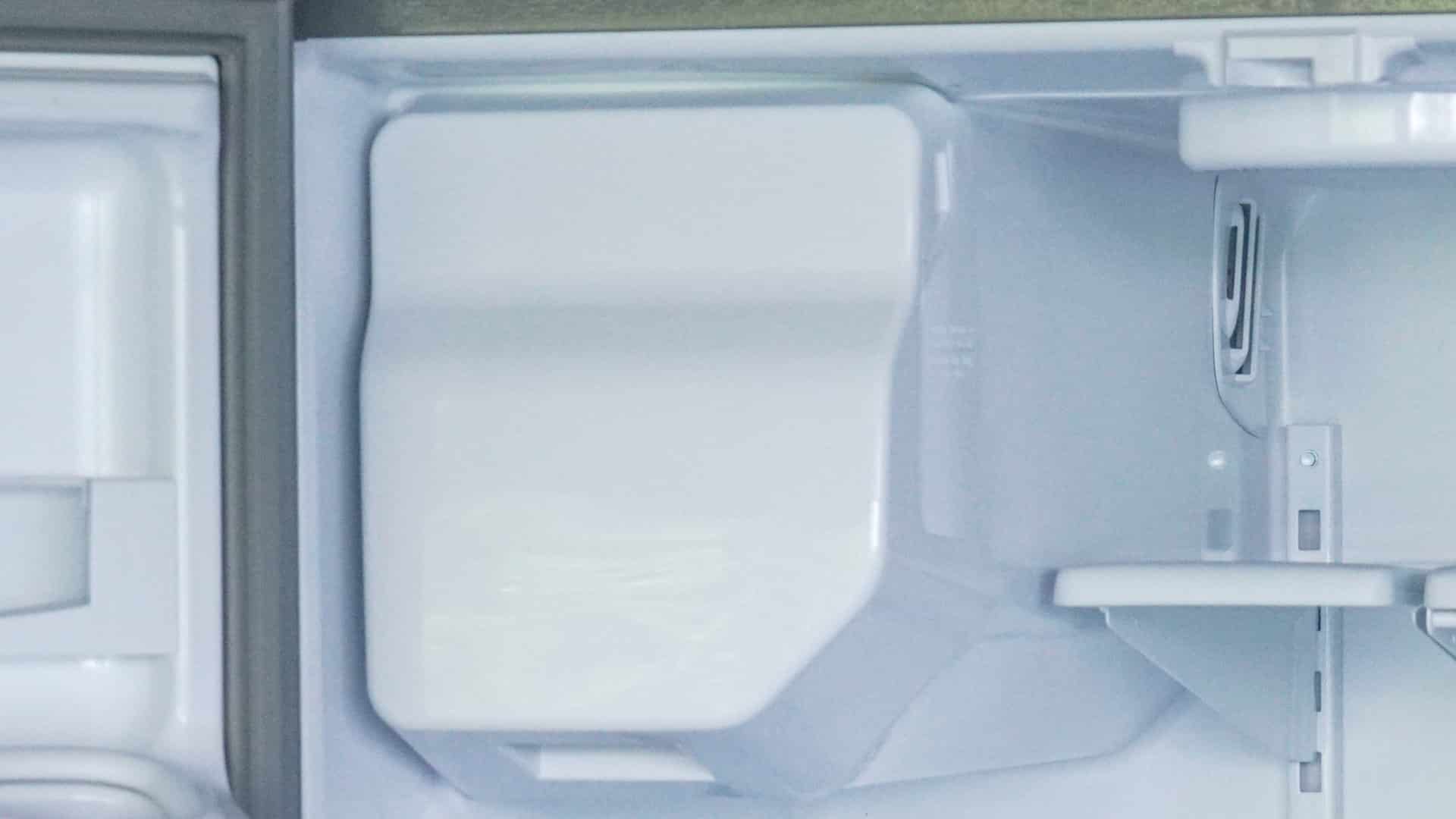
7 Reasons Why Your KitchenAid Ice Maker Isn’t Working
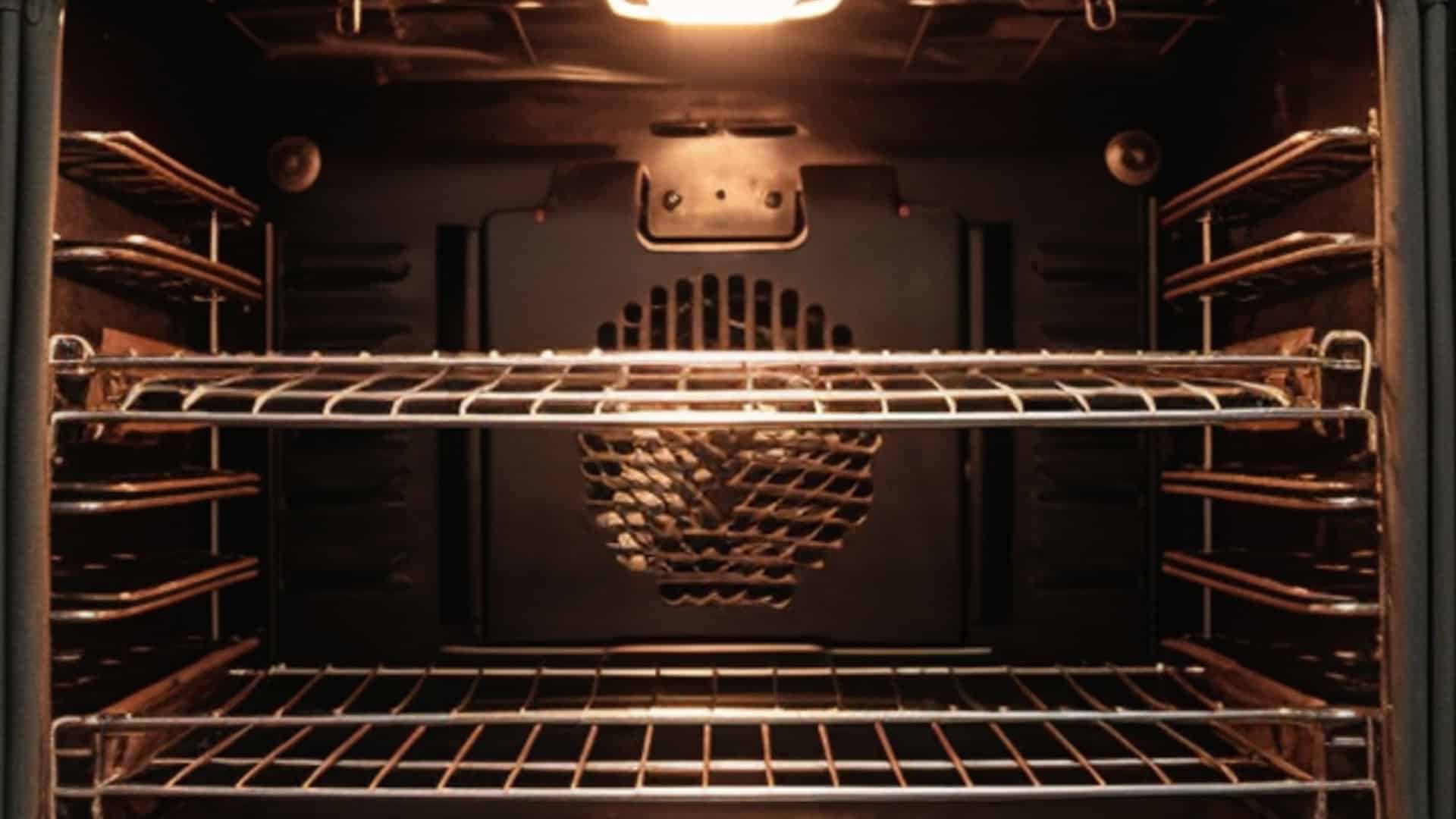
LG Oven F9 Error: Here’s How to Fix It


